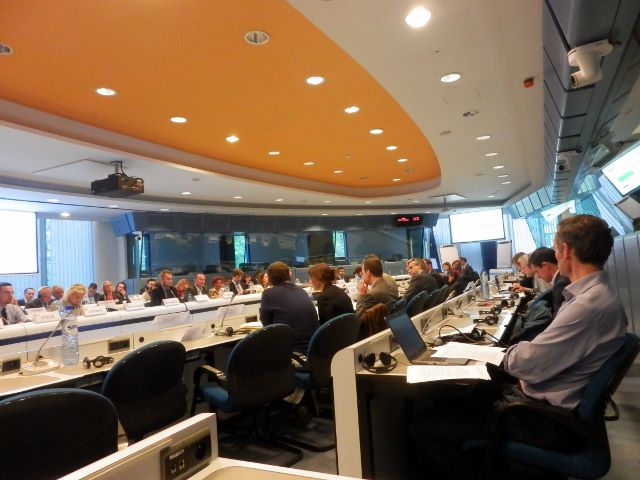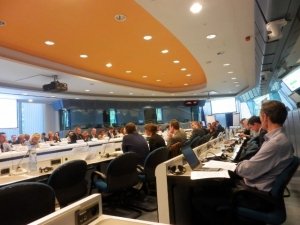Advocacy of social enterprise sector means influencing decisions that shape the “ecosystem” where social enterprises operate in, e.g. improving legislation, developing support mechanisms, increasing available resources and improving its image among consumers. Most of the members of Social Entrepreneurship Support Network of the Baltic Sea Region are advocates of social enterprises in their respective countries.
However, some very important developments take place on the European Union level out of direct influence sphere of individual member states. Among recent notable examples is Public Procurement Directive (2014/24/EU) that member states have to transpose into national legislation latest on the 18th April of 2016. The directive provides contracting authorities with a number of means to achieve social and environmental goals, including reserving contracts to social enterprises.
How does European Commission collect information about the needs of social enterprises to design new legislation and other initiatives to better support development of social innovation?
The involvement mechanism is called GECES (an abbreviation from French): European Commission´s Expert Group on Social Entrepreneurship. The basis for forming the group was provided by the Commission´s historic Social Business Initiative that was launched in 2011.
We are happy to report that one of the members of Social Entrepreneurship Support Network of the Baltic Sea Region – Jaan Aps from Estonian Social Enterprise Network – is also a new member of GECES. His participation provides a good opportunity to give feedback to the Commission from regional perspective, not only from Estonian national viewpoint.
That´s how a GECES meeting looks like! (Photo by Jaan Aps)
GECES has four main working groups.
WG 1: “Improving access to funding”
The need: Access to public and private finance is one component of the full “ecosystem” needed for the development and growth of social enterprises.
WG 2: “Increasing the visibility of social entrepreneurship”
The need: There is today a genuine interest in social enterprise and its visibility has risen in Europe. However, there is still lack of awareness, recognition and understanding of its models, its professionalism and value creation.
– WG 3: “Improving the legal environment”
The need: Creating a legal environment where social enterprises can grow, consolidate and thrive is required if we want to make them succeed in the internal market. Policy makers have to build a legal and regulatory framework to bring clarity as requested by investors looking for confidence in their financial decisions.
WG 4: “Strengthening the External Dimension”
The need: Social Business Initiative policy actions were first framed for the 28 Member States. Specific examples however show that the Commission was in a position to advocate, play a constructive role and progress positively toward diffusing EU strategies on social entrepreneurship development.
We will keep you updated about GECES developments in coming months!
















Leave A Comment